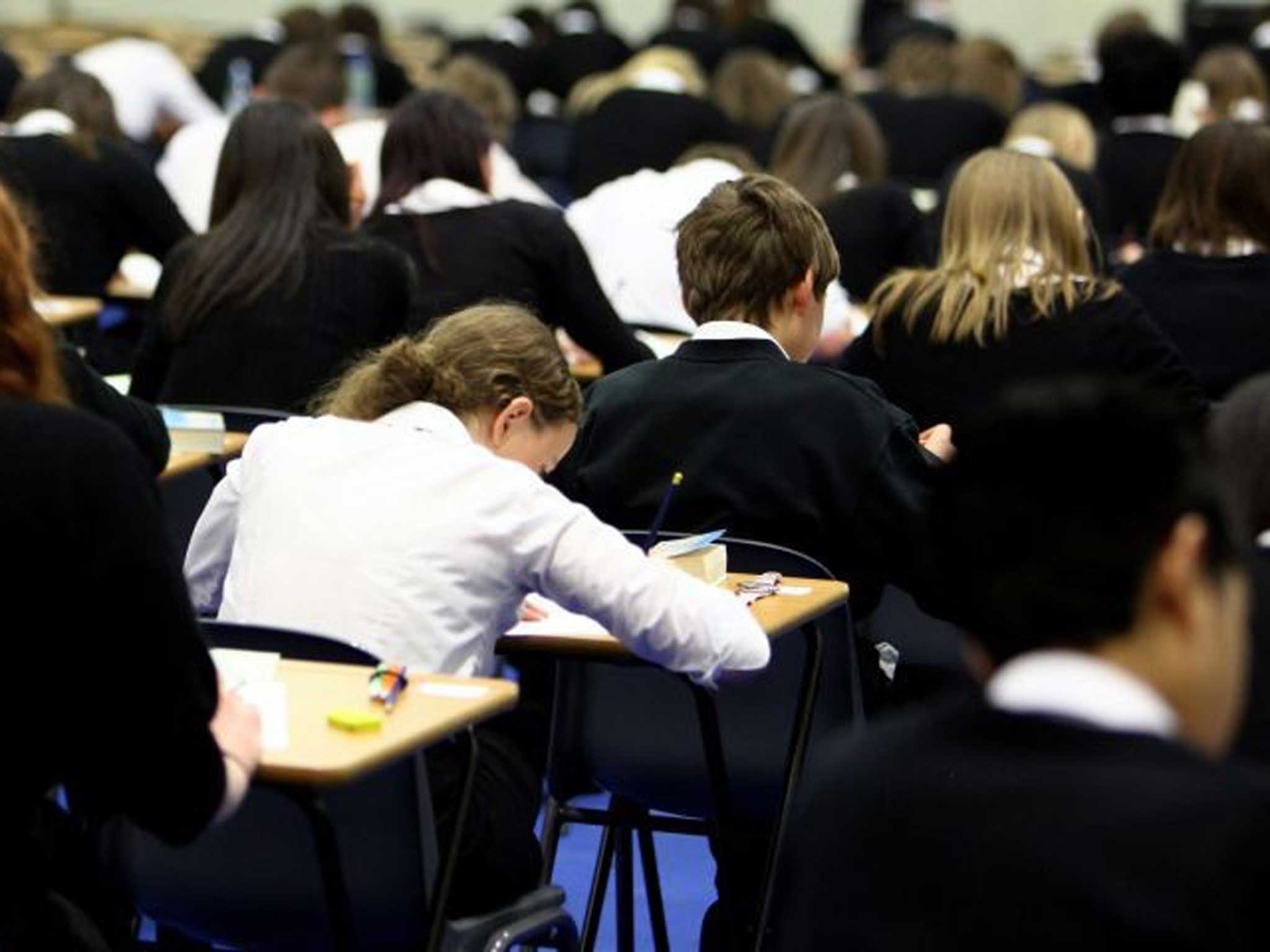Tests-and-targets culture lowers pupils' self-esteem, claims report

Children are gripped by a fear of failure as a result of the emphasis on target-setting in schools, according to a report out today.
A survey of almost 1,000 teachers by the Association of Teachers and Lecturers claims that the target-setting culture does little to improve pupils' grades or raise standards – but it does leave them stressed and anxious, and lowers their self-esteem.
It has also prompted more "teaching to the test" – with 60 per cent of teachers acknowledging that they prioritise learning methods geared to better test results, and 36 per cent saying they spend as much time as possible getting their pupils to practise taking tests.
Furthermore, 58 per cent of teachers say that, when it comes to encouraging creativity during lessons, they have less time to spend – and 26 per cent say they have no time at all for bringing out their pupils' creativity.
One secondary school teacher from the East Riding of Yorkshire told the study's researchers: "Pre-targets, my students left school as well-rounded individuals with skills that prepared them for the next stage of their lives: now they just leave with a qualification."
"An over-emphasis on target-setting is having a hugely detrimental effect on children's education," said Dr Mary Boustead, the general secretary of the Association of Teachers and Lecturers.
A spokesman for the Department for Education said: "We totally agree that education should not be an endless treadmill of revision and testing. That is why we are scrapping modules and January assessments to end constant exams and ensure pupils develop an in-depth and lasting understanding of a subject.
"The new national curriculum is also far less prescriptive and has almost halved in size, allowing teachers to use their creativity to shape the curriculum to meet the needs of their pupils."
Subscribe to Independent Premium to bookmark this article
Want to bookmark your favourite articles and stories to read or reference later? Start your Independent Premium subscription today.

Join our commenting forum
Join thought-provoking conversations, follow other Independent readers and see their replies